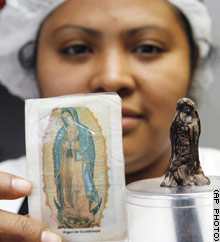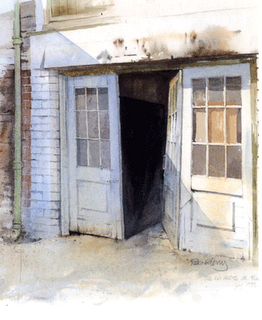
One day all people will believe on the Lord Jesus Christ. All men will one day fear Him as they ought as well as cry out to Him for mercy. All men will spend eternity in direct response to their relationship with Christ on earth. Ryle rightly calls hell, truth known too late. Does this not call out for a response from you and me, as well as put a burning desire within that we should warn sinners of this truth? But most importantly, should this not cause us to 'gossip' the truths of the Gospel to those around us?
Philippians 2:10-11 That at the name of Jesus every knee should bow, of things in heaven, and things in earth, and things under the earth; And that every tongue should confess that Jesus Christ is Lord, to the glory of God the Father.
The change that will come over the minds of unconverted men after death is one of the most fearful points in their future condition. They will see, know and understand a hundred things to which they were blind while they were alive. They will discover, like Esau, they have bartered away eternal happiness for a mere 'mess of pottage'. There is on infidelity, skepticism or unbelief after death. Hell is truth known too late. -JC Ryle
















